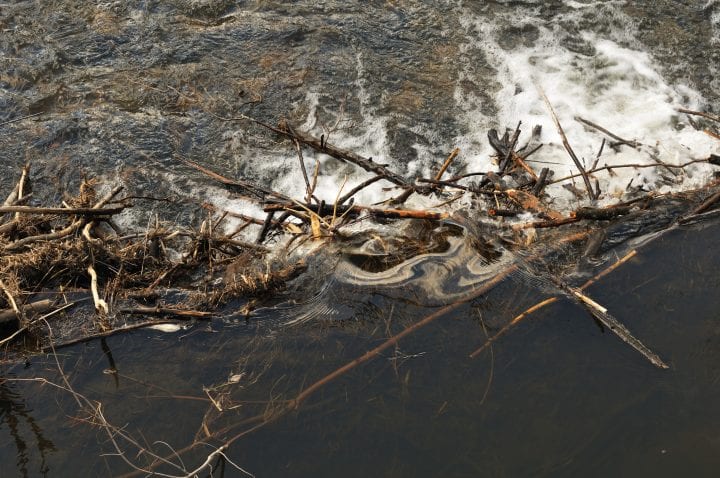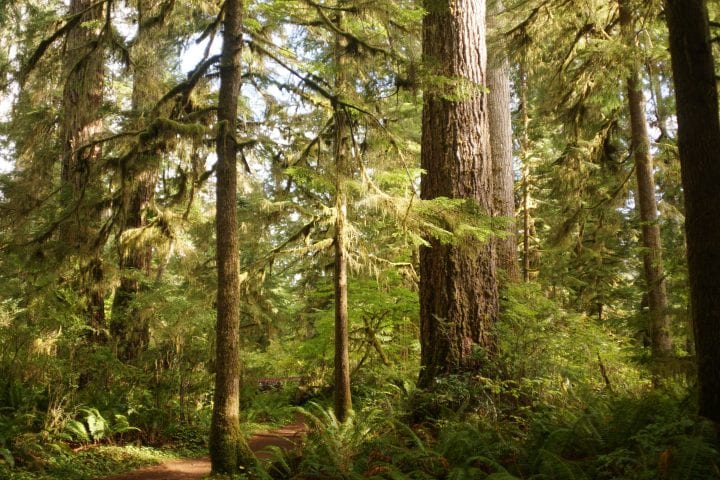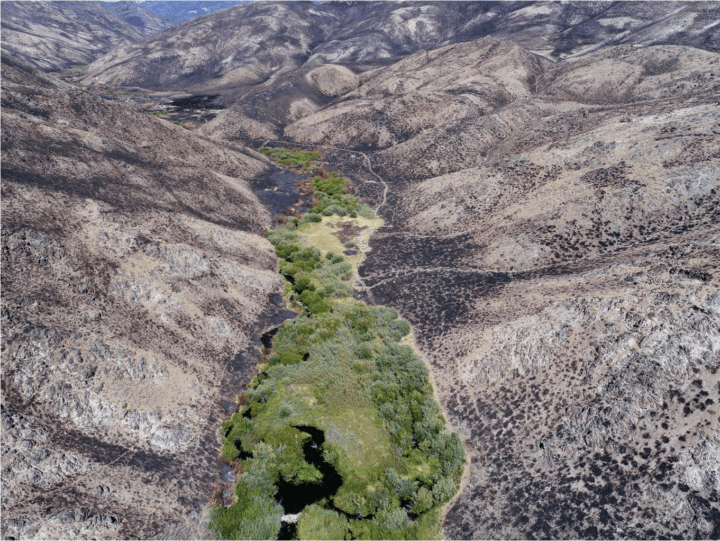Protect From Dirt/solids
When dirt and other small solids adhere to living systems, they can slow them down, create blockages, reduce their ability to carry out vital functions, or cause surface wear and tear. Due to electrostatic forces, it’s easy for dirt and other solids to adhere to surfaces, so living systems must overcome those forces. An earthworm, for example, uses a small electric current to keep soil particles from adhering to its body as it moves through the soil. This enables it to move more efficiently by reducing drag.
Modify Speed
Modifying speed or magnitude of velocity is important for some living systems because it enables them to control their movement to access resources, escape predators, and more. Modifying speed requires not only overcoming inertia, but also minimizing the energy needed to make the change. Therefore, living systems have strategies to safely shift from fast to slow or slow to fast. An example is a bird called the kingfisher, which streamlines its body and feathers to quickly move from hovering over water to diving through the air and into the water. Once in the water, the kingfisher slows down by spreading its wings to avoid diving too deep.
Regulate Hydrological Flows
Water flows into, through, and between ecosystems. Because ecosystems need this water for growth and survival, they play an important role in maintaining and regulating hydrological flows. The Earth’s hydrological cycle depends on ecosystems to serve this role, so that water flows to the sea and is evaporated into the air to provide rain. Water is subject to gravity, which carries it down and away from ecosystems. Therefore, ecosystems must slow water to keep it on-site long enough for plants and other organisms to use it. For example, beavers build dams to make ponds where they can store food and travel underwater to avoid predators. These dams slow water, enabling it to seep into the earth surrounding the ponds. A community of plants grows in this moistened soil, supporting other life and transpiring water into the atmosphere.







